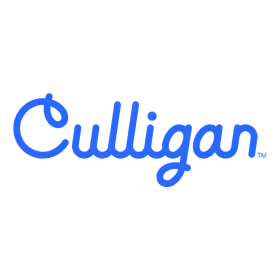
Software
Insights & industries
News and resources
Supplier Assessments
News
Customers
Webinars
Transparency Act Badge
Laws and regulations
The Norwegian Transparency Act
EU Taxonomy
CSRD
CSDDD
Industries
Maritime
Energy
Manufacturing
About us
Company
About Factlines
Account of due dilligence
Data and security (coming soon)
Work with us
Careers
Partner with Factlines
Company
Contact us
Contact support
Pricing

















